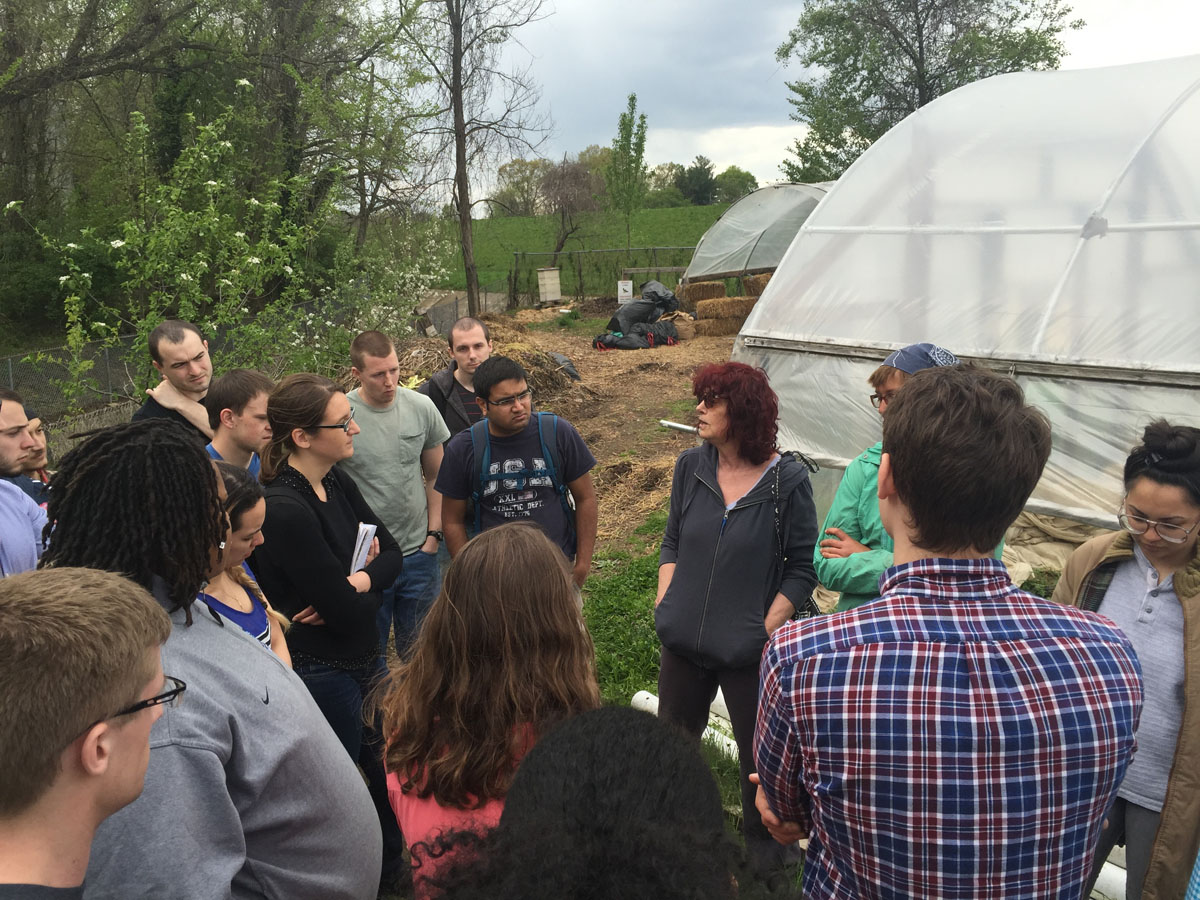Giving through Social Entrepreneurship
Established by Professor Emeritus of Mechanical Engineering Davinder Anand and piloted during the spring 2015 semester, the Clark School’s Engineering for Social Change class introduces young engineers to the ideas of social change and social entrepreneurship through the intersection of concepts from both engineering and philanthropy. The newly created Center for Engineering Concepts Development (CECD) Fellows program, also established by Dr. Anand, is a continuation of the core ideas of Engineering for Social Change: that engineering has a tremendous social impact and engineers play an important role in creating positive social change. This pilot program supports mechanical engineering graduate students who are working on projects that either have or promise to have a significant social impact. “We are facing growing social and environmental challenges where the solutions are not always profitable financially, but have significant social benefit,” said Dr. Anand. “We must create an environment where engineers have not only a social conscience, but also the skills and knowledge to build and work with organizations that are philanthropic or nonprofit.” Dr. Anand supports the CECD Fellows program through his Center for Engineering Concepts Development by providing $75,000 in funding to support three graduate students, each working with mechanical engineering faculty for a period of one year. The 2016–17 CECD Fellows are: Ph.D. student Yonatan Saadon, who is working toward developing a sensorized “smart bra” for automated breast palpation to detect the size, shape, and location of tumors for easy and simple breast cancer early detection. Ph.D. student Yanbin Wang, who is working on a new approach for fighting lead contamination in water with holey graphene membrane-based water filters. M.S. student David Horst, who is working on an alternate way of fracking wells that will use small amounts of carefully prepared explosives to reduce the large amount of problematic water and other materials that normally need to be pumped into the ground as part of the fracking process. About the Clark School of Engineering The A. James Clark School of Engineering at the University of Maryland serves as the catalyst for high-quality research, innovation, and learning, delivering on a promise that all graduates will leave ready to impact the Grand Challenges (energy, environment, security, and human health) of the 21st century. The Clark School is dedicated to leading and transforming the engineering discipline and profession, to accelerating entrepreneurship, and to transforming research and learning activities into new innovations that benefit millions. Visit us online at www.eng.umd.edu and follow us on Twitter @ClarkSchool.
November 18, 2016 Prev Next |


